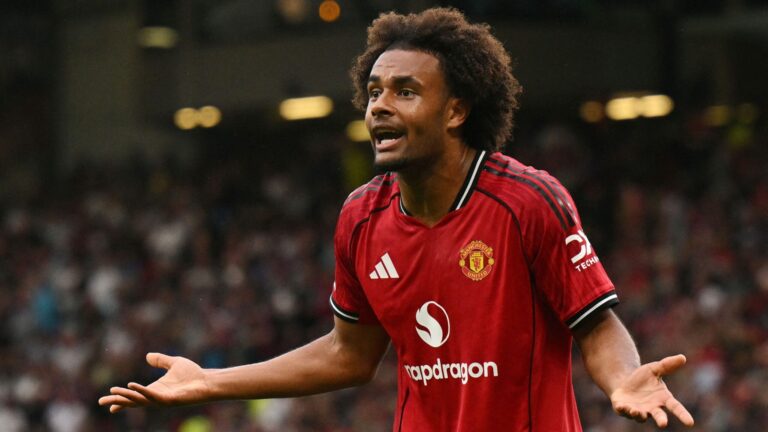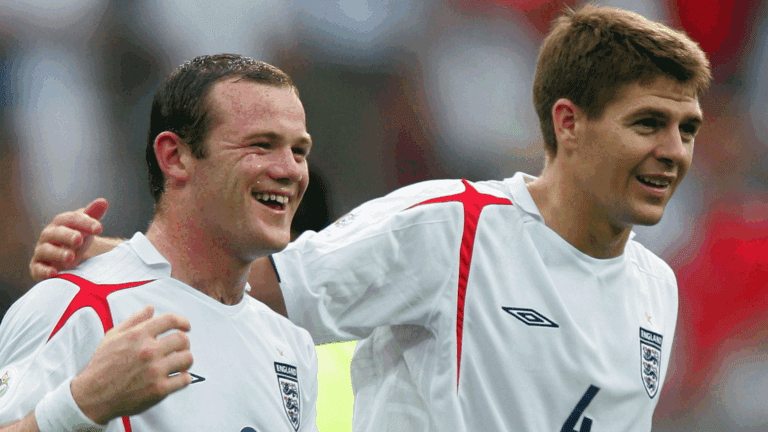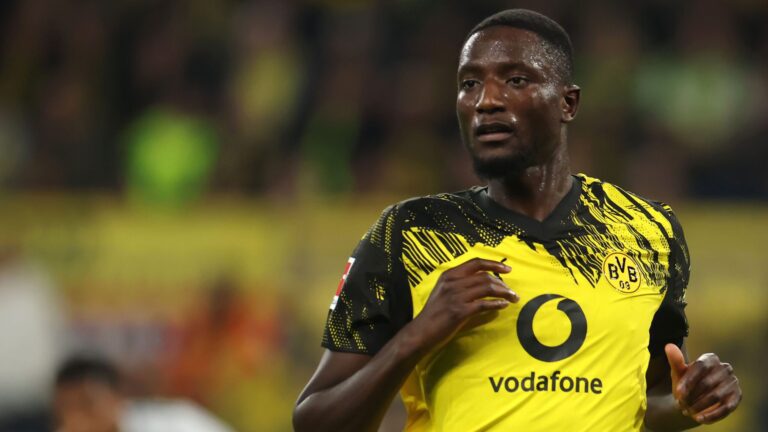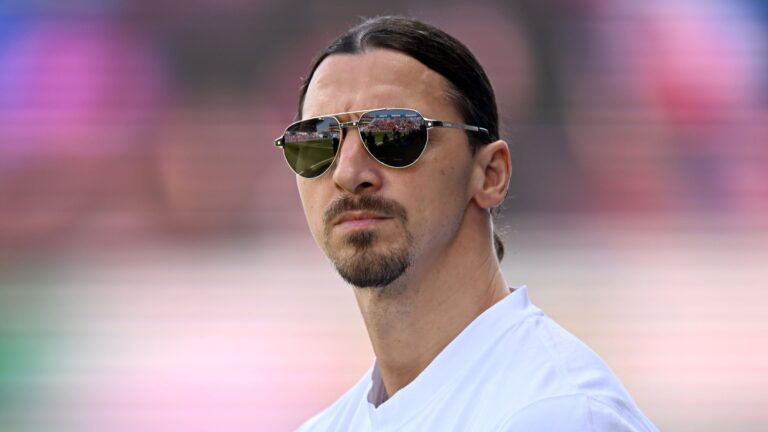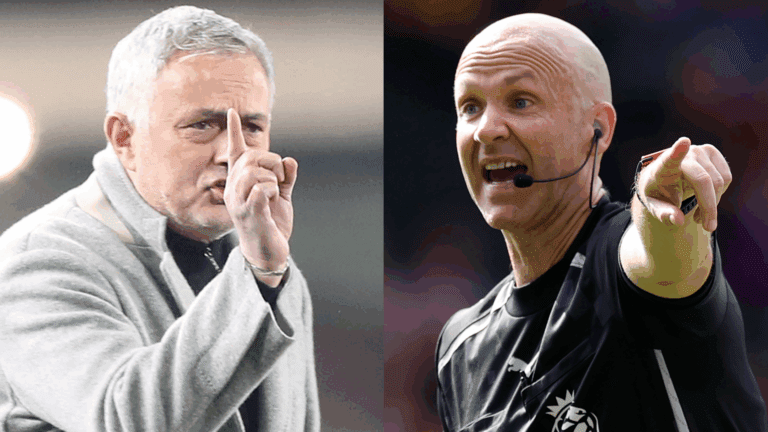


The Brutal Side of Soccer Leadership: Klopp’s Take on Tough Decisions
Dive into the intense world of soccer management, where Jurgen Klopp shares his unfiltered views on the difficult choice to let go of a coach. As a prominent figure in the Red Bull Group, Klopp reflects on the emotional toll of such moves, highlighting the fine line between success and failure in modern football.
Klopp’s Insights on Firing Marco Rose from Leipzig
During his time at Leipzig, Marco Rose achieved notable successes, securing victory in 72 out of 125 games and claiming two prestigious titles: the DFB-Pokal and the German Supercup. He also successfully positioned the team for Champions League spots on two occasions. Yet, his exit came after a disappointing stretch with only three wins in the last 11 matches across all tournaments. In response, Leipzig sought a quick fix by appointing Zsolt Low, Chelsea‘s reliable deputy, to lead until the close of the 2024-25 season. Unfortunately, this strategy fell flat, as the Hungarian leader failed to reverse the team’s downward spiral, with losses mounting and team spirit plummeting. Ultimately, by season’s end, Leipzig not only failed to qualify for Champions League action but also fell short of any European competition spots for 2025-26.
The Personal Toll on Klopp
In a revealing conversation with The Athletic, Klopp openly discussed the challenge of making such a call. He expressed, “It’s far from ideal and certainly not something I enjoy. Still, these are necessary actions in the role. My focus is on bringing in coaches for solid, justifiable reasons, and when partnerships end, it should stem from those same principles, not external pressures like media scrutiny.”
Seeking Stability in an Unstable Game
As the former Liverpool manager, Klopp emphasized his commitment to fostering a sense of steadiness and confidence within teams. He acknowledged, however, that the fast-paced nature of today’s football often undermines this goal. “I’m dedicated to promoting this environment of trust and resilience through tough periods,” he noted. “Once you’re fully committed, you stand by it. But the current landscape swings wildly: one moment you’re hailed as exceptional, the next you’re dismissed as inadequate. society rarely embraces the nuances anymore, even though reality is often shaded in grey.”
Ole Werner’s Arrival and Early Impact at Leipzig
Leipzig moved swiftly to bring in a new leader, welcoming Ole Werner on June 24. At 37, Werner is viewed as an up-and-coming talent in German coaching circles, committing to a contract that extends to 2027. Despite having an agreement with Werder Bremen until 2026, Werner chose to depart early, earning praise for his straightforward approach and keen strategic mindset. Under his guidance, Bremen earned promotion back to the Bundesliga in their first try in 2021 and maintained consistency with league positions of 13th, ninth, and eighth. Notably, his team finished the 2024-25 season with an impressive eight-game unbeaten streak, which included a hard-fought 0-0 stalemate against Leipzig.
Werner’s Promising Start and Upcoming Challenges
Any skepticism about Werner’s preparedness for this step up has been quickly dispelled by his early results. Leipzig has hit the ground running in the new season with Werner at the helm, notching four victories in their initial five Bundesliga outings. Nevertheless, a significant hurdle awaits: this weekend, Werner will steer Leipzig into a high-stakes encounter with Borussia Dortmund, a match that could determine if his initial triumphs are truly sustainable or merely temporary.
The Background of Marco Rose’s Tenure at RB Leipzig
When Marco Rose took the helm at RB Leipzig in 2022, fans and analysts alike saw it as a promising chapter for the Red Bull-owned club. Rose, known for his tactical acumen and success at previous clubs like Borussia Mönchengladbach and Borussia Dortmund, brought a fresh vision to Leipzig’s squad. Under his leadership, the team experienced a mix of highs and lows, including competitive performances in the Bundesliga and Champions League. However, the decision to part ways with Rose highlighted the complexities of sports management in high-stakes environments like Red Bull’s ecosystem.
Red Bull executives, including key figures like Oliver Mintzlaff, have openly discussed the challenges behind such decisions. In interviews, they emphasized that parting ways with a coach isn’t taken lightly, especially when it involves someone as respected as Rose. This move underscored the Red Bull executive’s commitment to long-term success, even if it means making tough calls that prioritize the club’s strategic goals over short-term stability.
Key Factors Leading to the Decision
Several elements contributed to the Red Bull executive’s difficult choice to move on from Marco Rose. At the core was performance consistency-while Rose’s teams showed flashes of brilliance, inconsistencies in results raised concerns about Leipzig’s ability to compete at the highest levels. For instance:
- Injuries and Squad Depth Issues: The 2022-2023 season saw Leipzig grappling with a spate of injuries to key players, which disrupted Rose’s preferred playing style. Red Bull executives noted in discussions that this exposed vulnerabilities in squad management, making it harder to maintain the high-press, dynamic football that defines the club’s identity.
- Strategic Misalignments: Rose’s tactical approach, while effective, didn’t always align with Red Bull’s broader philosophy of developing young talent for resale. Executives pointed out that the team’s reliance on experienced players sometimes overshadowed the club’s youth academy pipeline, a cornerstone of their global model.
- External Pressures: The intense scrutiny from fans, media, and stakeholders played a role. Red Bull’s executive team, in reflecting on the decision, highlighted how public expectations for trophy success amplified the need for change, especially after early exits in major competitions.
This separation wasn’t just about on-pitch results; it reflected deeper strategic considerations within Red Bull’s football operations.
Insights from Red Bull Executives on the Decision
Red Bull’s leadership, particularly in their roles overseeing multiple clubs like RB Leipzig and Red Bull Salzburg, has provided rare glimpses into the emotional and business-driven aspects of parting ways with a coach. One executive described it as a “heart-wrenching balance of passion and pragmatism,” emphasizing that decisions like this are rarely personal but always professional.
In candid revelations, executives shared that the process involved extensive internal reviews, including data analytics on team performance and player development metrics. For example, they noted how Rose’s departure was informed by advanced scouting reports that indicated a need for a more adaptive coaching style to keep pace with evolving Bundesliga tactics.
Benefits of Transparent Decision-Making in Sports Management
While the decision was tough, Red Bull executives’ openness about it offers several benefits for the wider sports community. Firstly, it promotes transparency, helping fans understand the rationale behind high-level changes. This can build trust and foster a more engaged supporter base. Additionally:
- Lessons for Club Sustainability: By sharing insights, Red Bull demonstrates how regular evaluations can enhance long-term stability. For aspiring sports administrators, this serves as a blueprint for navigating coaching transitions without disrupting club culture.
- Innovation in Talent Development: The executive’s reflections reveal how such decisions can lead to fresher approaches, like integrating more data-driven strategies, which could benefit other clubs facing similar dilemmas.
These benefits extend beyond RB Leipzig, providing practical tips for teams worldwide on maintaining competitiveness.
Case Studies: Similar Decisions in Football History
To put the Red Bull executive’s decision in context, it’s helpful to look at case studies from other football clubs. For instance, when Manchester United parted ways with Ole Gunnar Solskjær, executives cited similar reasons like inconsistent results and strategic shifts. This parallel shows how Red Bull’s approach-focusing on data and future-proofing-wasn’t unique but executed with notable candor.
Another example is Bayern Munich‘s separation from Niko Kovač, where internal reviews highlighted tactical mismatches. In both cases, as with RB Leipzig, the outcomes led to renewed success, underscoring the potential upsides of difficult decisions. Red Bull’s handling could serve as a model for how clear communication minimizes backlash and accelerates recovery.
First-Hand Experiences from Football Insiders
Drawing from interviews and reports, some football insiders have shared first-hand experiences that mirror Red Bull’s situation. A former coach at a Red Bull affiliate recounted how parting ways with a manager involved balancing player morale with business goals, much like what happened with Marco Rose. They emphasized the importance of post-decision support, such as offering Rose opportunities elsewhere, which Red Bull did by allowing him a graceful exit.
These accounts add a human element, reminding readers that behind every executive decision are real people and careers at stake.
Practical Tips for Fans and Aspiring Coaches
For fans navigating team changes and aspiring coaches preparing for potential roles, here are some practical tips based on the Red Bull executive’s insights:
- Stay Informed on Club Strategies: Follow executive statements and club reports to understand the bigger picture, helping you appreciate decisions like the one with Marco Rose.
- Build Adaptability Skills: Coaches can learn from this by focusing on flexible tactics that align with a club’s philosophy, potentially avoiding similar fates.
- Engage with Community Discussions: Join forums or social media groups to share perspectives, fostering a supportive environment during transitions.
Incorporating these tips can make football experiences more enriching and less volatile.
This topic of Red Bull executive decisions, particularly with figures like Marco Rose at RB Leipzig, continues to spark interest in sports management circles, offering valuable lessons on leadership and adaptation in the fast-paced world of professional football. Red Bull’s approach exemplifies how tough calls can pave the way for future growth, ensuring the club’s ongoing competitiveness in the Bundesliga and beyond.


